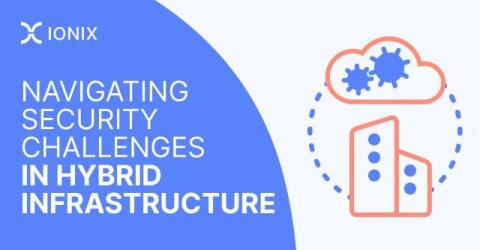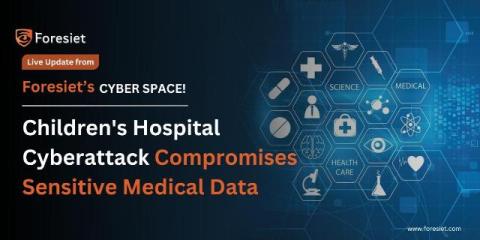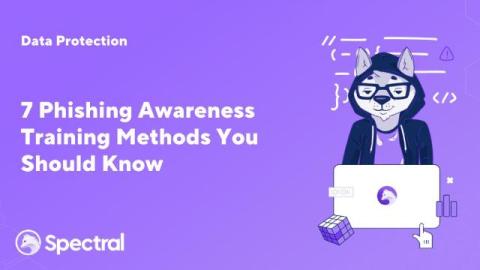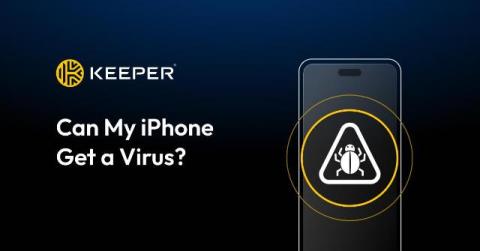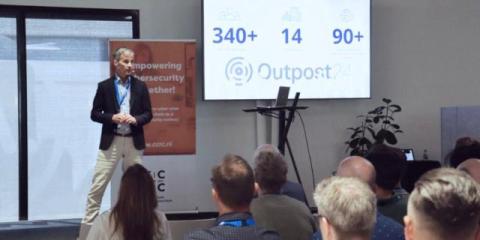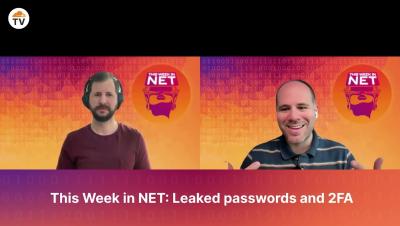Navigating Security Challenges in Hybrid Infrastructure
As organizations increasingly adopt a mix of cloud-based and on-premises systems, they face unique challenges in securing their hybrid infrastructures. Unlike traditional IT setups, where everything is managed within the confines of a single data center, hybrid infrastructures combine the agility of the cloud with the control of on-premises systems. While this blend offers flexibility and scalability, it also introduces security complexity and a broader attack surface.


